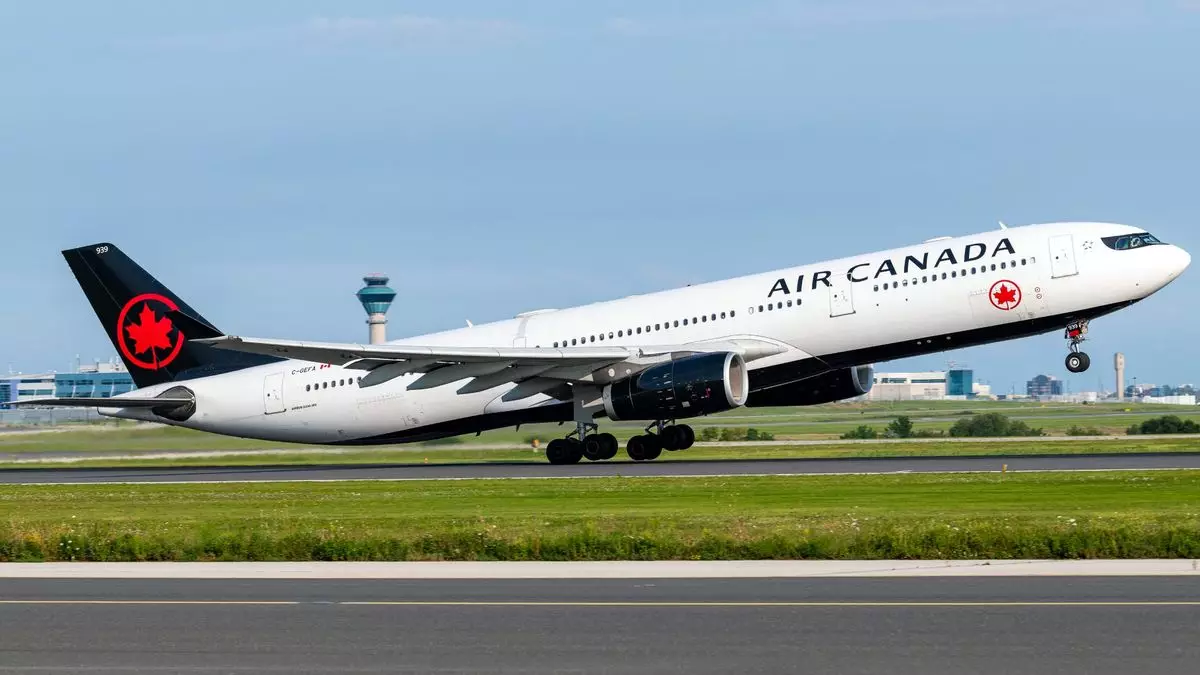The recent resolution of the Air Canada flight attendant strike highlights the formidable strength of collective bargaining and negotiation. Faced with a disruptive labor action that impacted hundreds of thousands of travelers, the airline and the union demonstrated that dialogue, even amid conflict, can lead to constructive outcomes. The agreement, reached with the help of mediators, underscores that respectful negotiation is more effective than unilateral decisions or government-imposed measures. It affirms that worker rights and the company’s operational stability are not mutually exclusive but require mutual understanding and compromise. This episode serves as a powerful reminder that when both sides prioritize dialogue over confrontation, complex issues—such as fair compensation and job protections—can be resolved without long-lasting damage to the industry.
Empowering Workers to Reclaim Their Voice
One of the most significant aspects of this strike resolution lies in the union’s declaration of victory. The statement “Unpaid work is over. We have reclaimed our voice and our power,” encapsulates a broader lesson about the importance of union solidarity and worker agency. During a time when governments and corporations sometimes seek to limit labor rights through legislative barriers, the union’s defiance—refusing to accept arbitration mandated by the government—strengthened its position and demonstrated resilience. It exemplifies that organized labor, when unified, can push back against policies that diminish workers’ rights. This victory is more than just about compensation; it is about asserting dignity and influence within a corporate landscape that often prioritizes profit margins over employee welfare.
The Complex Web of Restoring Industry Stability
Restoring normal operations in a vast enterprise like Air Canada is no trivial task. The airline’s acknowledgment that full service may take up to ten days reveals the intricate web of logistical, staffing, and customer service adjustments needed to stabilize operations. The initial plan to resume flights gradually, coupled with the reality of cancellations and the deployment of additional airport staff, illustrates how fragile and interconnected airline schedules are. Every delay, cancellation, and rescheduling decision impacts countless lives, especially during peak travel seasons. It also emphasizes that labor disputes in critical industries have ripple effects far beyond the workplace, affecting the economy, national connectivity, and individual plans. This process reminds us that behind the sleek aircraft and polished check-in counters are complex human and operational systems that require careful nurturing and management.
The Power of Resistance and the Limits of Legal Authority
The union’s outright refusal to comply with government orders—declaring the strike illegal and dismissing the directive for binding arbitration—exposes the tension between state authority and labor rights. This act of defiance underscores a long-standing debate about the limits of government intervention in labor disputes. While laws that restrict strikes aim to preserve economic stability, they can also be perceived as undermining workers’ fundamental rights. The union’s stance emphasizes that workers’ ability to strike—even if controversial—is a vital component of a balanced relationship with employers and the state. It serves as a potent statement that labor organizations will continue to assert their rights, potentially challenging legal frameworks that are perceived as overreach. There is a broader lesson here about the necessity of fair, transparent processes for resolving industrial disputes—some of which may require legal reforms to ensure workers’ rights are adequately protected without destabilizing vital industries.
Lessons for Industry and Society
The resolution of this strike offers powerful insights into resilience, negotiation, and the importance of respecting worker rights within large-scale industries. It demonstrates that conflicts are inevitable, but they can become opportunities for growth and understanding if managed wisely. For air travel and similar sectors heavily impacted by labor disputes, this episode advocates for proactive engagement and fair treatment of employees to prevent future disruptions. From a societal perspective, it reasserts that workers are not merely cogs in the machine but pivotal stakeholders whose rights and voices shape the stability and success of entire industries. It challenges us to rethink the delicate balance of power between corporations, governments, and workers—highlighting that sustainable progress depends on mutual respect, open dialogue, and the recognition that economic vitality and humane working conditions go hand in hand.

